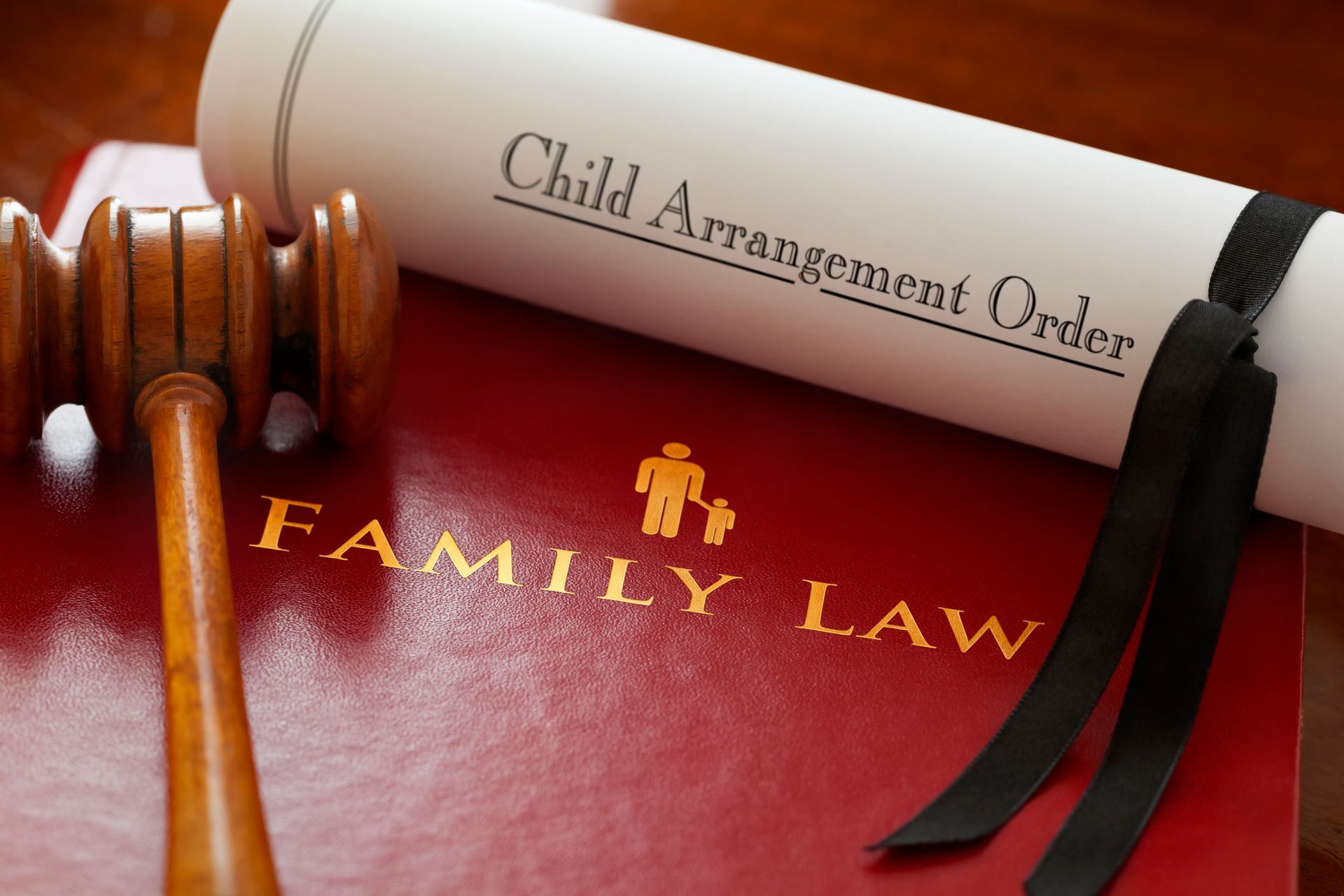What You Should Know About Guardianships and Trusts for People With Special Needs
websitebuilder • May 6, 2020
If your child has special needs, you may need to take legal action to ensure the child's safety, health, and well-being in young adulthood. Once such children turn 18 years of age, they often benefit from the appointment of a guardian and/or the establishment of a trust.
As with any potentially life-changing legal process, the formation of a guardianship or trust for a person with special needs requires careful forethought, qualified professional counsel, and a thorough understanding of the many factors influencing your choices. Consider the following points before going forward.
How Guardianships for People With Special Needs Work
These guardianships serve individuals with special needs who have difficulty coping with certain aspects of daily life, usually due to cognitive disabilities. The question of whether to establish a guardianship for a person with special needs becomes relevant as the child approaches the age 18 and becomes an independent adult. At this point, the parent no longer holds the position of legal guardian.
The guardian takes over the legal right to make legal, financial, medical, and other key decisions on the adult child's behalf. The parent starts this process
by filing a court petition nominating a specific person to take the role of guardian. Following mental competency evaluations, the attending physicians testify as to the child's decision-making abilities.
Based on the information introduced in the hearing, the court decides what kind of guardianship the adult child may need. Options may range from a full guardianship or partial guardianship (with authority to administer only certain types of actions) and usually a conservatorship (which focuses on estate planning and management).
What to Look for in a Guardian for a Person With Special Needs
Choosing a guardian for a person with special needs can prove challenging, especially if you can think of multiple individuals who could perform this role equally well. However, don't allow the gravity or complexities of the decision to freeze you into inaction. Narrow your list by eliminating candidates who have any specific limiting factors that might make them less than ideal.
You may get a clearer picture about who should serve as your child's guardian by asking yourself whether each candidate has children (or experience with children), can move in with your child or remain close at hand, and how that candidate gets along with your child. Also consider issues such as the candidate's beliefs, background, and financial status.
Once you have narrowed the list to two potential guardians, give serious thought to retaining your second choice as your child's standby guardian. The standby guardian takes over if the primary guardian dies or becomes incapacitated. Idaho law also provides for the appointment of two co-guardians
who work together, either sharing responsibilities or portioning them out individually.
When to Consider Funding a Trust for a Person With Special Needs
Trusts for people with special needs help to protect their financial assets. Some individuals create and fund first-person trusts for their own purposes should they become incapacitated at some future time. When you create a trust for someone else, such as your child with special needs, you form an instrument called a third-person trust.
Trusts for people with special needs offer some important benefits. Beneficiaries can gain access to the money in the trust without jeopardizing their eligibility for other important sources of income such as Supplemental Security Income (SSI), subsidized housing, and Medicaid. They also enable the trustee to manage any future financial windfalls or other income funneled into the trust on the beneficiary's behalf.
A trust for people with special needs may prove essential for adult children who suffer from permanent disabilities and thus need a lifetime of total financial support, whether they qualify for SSI or not.
You may also want to create a trust for a child who will likely become disabled in the future due to a progressive condition. The trustee may reserve the right to terminate the trust if this progression into disability doesn't end up happening. The adult child then gains full access to the funds invested in the trust.
How to Specify Trust Terms and Trustees
Your attorney can help you create a trust for your child with special needs that provides the necessary support for your child without accidentally setting up unwanted limitations or exclusions. For instance, the wording of the trust may clarify that the assets will supplement government assistance instead of replacing it. It may also include required language relating to other legal provisions and regulations.
You should choose your trustee as carefully as you might choose a guardian. If you cannot settle on an individual trustee, consider going with a pooled trust instead. In a pooled trust, a non-profit organization such as a charity serves as trustee, pooling and investing funds from multiple families even though each beneficiary retains an individual account.
Hart Law Offices, P.C., can help you navigate the complex road toward an optimal guardianship or trust for a person with special needs. Contact
our office today to request a consultation.


















